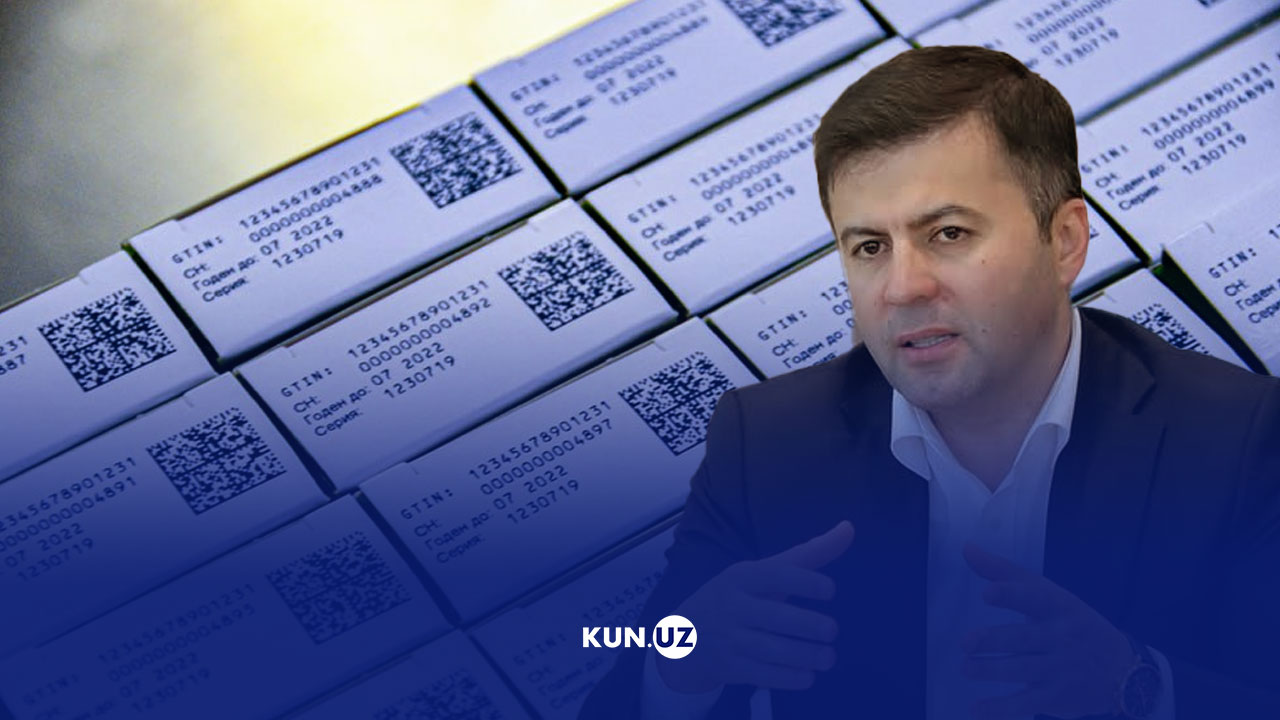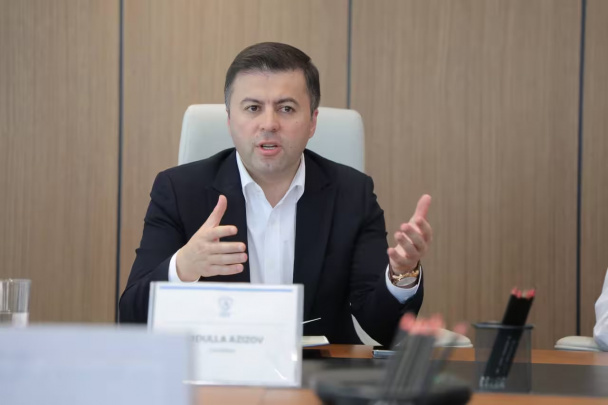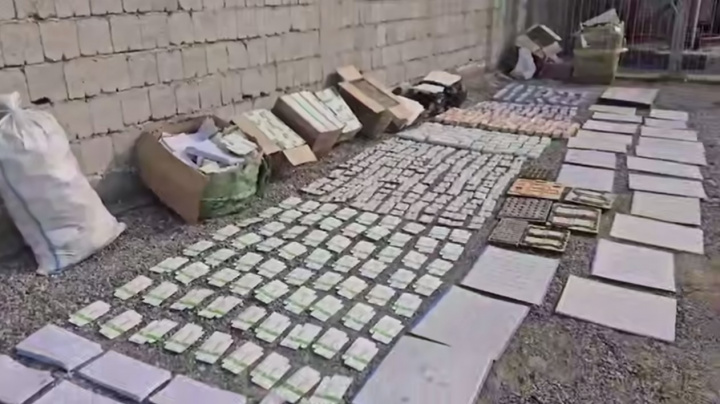Uzbekistan to revise price cap on medicines amid market fluctuations
The maximum allowable prices for medicines in Uzbekistan will be revised, according to Abdulla Azizov, Director of the Pharmaceutical Agency.
He stated that projects aimed at improving the reference pricing mechanism and reducing bureaucracy have already been submitted to the Cabinet of Ministers.

During a press conference attended by Azizov, a Kun.uz journalist raised several questions, including the lifting of price restrictions on over-the-counter (OTC) drugs from April 1. At the time, it was claimed this move would not lead to price increases, but rather help bring them down. However, prices for some medications have risen in certain regions. Azizov called this a temporary phenomenon.
“When a market first opens, prices may temporarily rise. This happens due to a shortage of certain medicines or low trade margins that discourage imports. Prices go up initially, but as the market becomes saturated and more suppliers enter, they start to decline again. We expect stabilization within 6–7 months,” he explained.
Azizov also noted that in most developed countries, prices for OTC medicines are not regulated, as health insurance systems play a key role. For example, in Turkey, 87% of medicines are purchased by the state, whereas in Uzbekistan, that figure is only 15%. There are plans to raise this to 40% within 5–6 years.
A Kun.uz journalist also inquired about revising the VAT rate on medicines and issues with the drug labeling system.
“We’ve raised the VAT issue multiple times with the esteemed Jamshid Anvarovich [Deputy Prime Minister Kuchkarov],” Azizov said. “After the introduction of the 12% rate, we had to analyze its effect on prices and budget revenues. This analysis has also been mandated by a presidential decree. We are preparing the necessary proposals.”
He emphasized that in developed countries, medicines are considered socially important goods, and are often subject to reduced VAT rates.
On the topic of the labeling system introduced in 2022, Azizov noted that only around 6,000 out of 13,000 pharmacies in the country actively use the system. The rest either haven’t purchased scanners or don’t use them despite having them.
“Between February and March, about 90 million packages were labeled, but only around 5 million were scanned through the system. That means 75 to 85 million packages are supposedly in storage, but have actually already been sold. We need to implement a ‘cleansing’ mechanism. We are in active talks with the Tax Committee and CRPT Turon,” Azizov stated.
He added that the cleansing process should begin with manufacturers, followed by distributors and pharmacies. Only then will the system be considered “clean,” and if any discrepancies in warehouse data remain, strict controls will be enforced.
Related News

18:21 / 07.07.2025
Why medicines cost more in Uzbekistan? Pharmaceutical Agency chief explains

17:55 / 25.06.2025
Health Ministry approves list of diseases for free treatment

15:54 / 24.06.2025
Health Ministry vows reform after major price discrepancies found in clinics

12:42 / 18.06.2025



